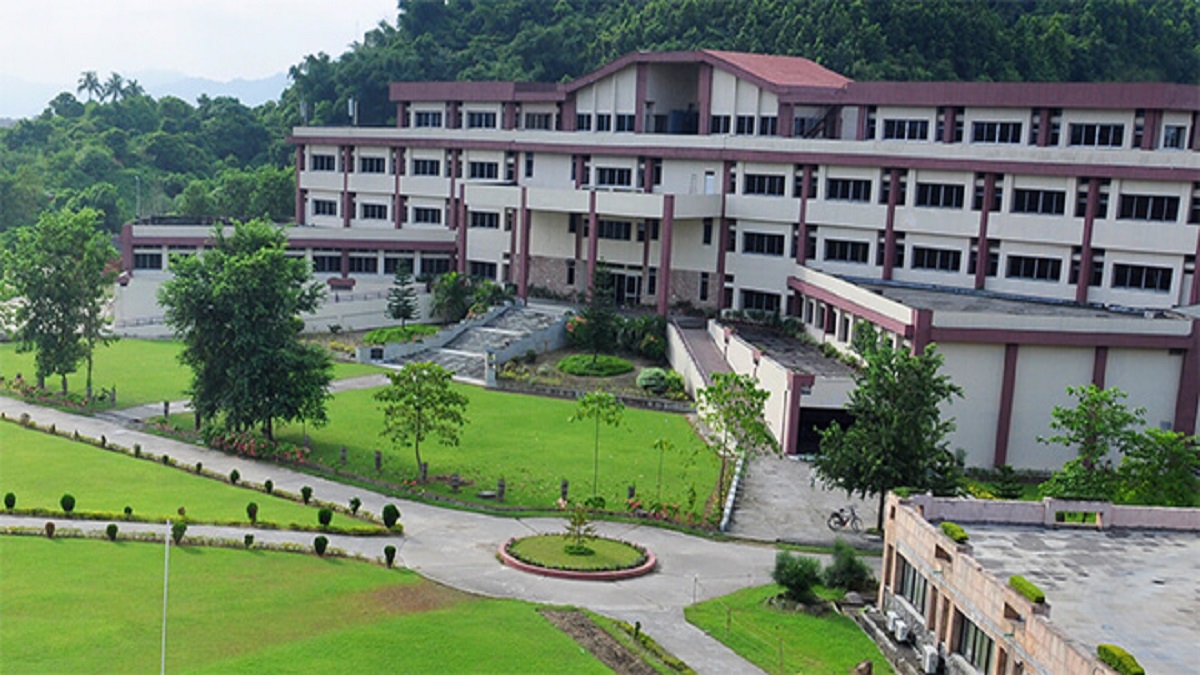IIT Guwahati researchers develop sustainable microalgae biorefinery model
Under the Microalgae Biorefinery Model, multiple research projects are underway on renewable and sustainable energy.
The School of Energy Science and Engineering, Department of Chemical Engineering, Department of Bioscience and Bioengineering at the Indian Institute of Technology (IIT) Guwahati are working to make major contribution in building a sustainable future. Under the Microalgae Biorefinery Model, multiple research projects are underway on renewable and sustainable energy.
Highlighting the need for research on sustainable development, Prof Parameswar K Iyer, Officiating Director, IIT Guwahati, said, “Alternate fuel production is the need of the hour. IITG is working since last 25 years in this domain where various researchers have contributed significantly in developing a microalgae based biorefinery model under which waste treatment as well as fuel productions can be carried out simultaneously.”
Research on transforming residual microalgae/biomass into energy fuel and chemicals
Prof Vaibhav V Goud, Head, School of Energy Science and Engineering, IIT Guwahati, and his research team have formulated an efficient strategy that transforms residual microalgae/biomass into energy fuel and chemicals. By implementing specific alteration strategies, such as inhibiting steps, researchers have diverted the process cycle to recover the product of choice (H2, biogas, and chemicals). As per their findings, the combined use of residual microalgae with biomass (rice straw) helped enhance energy recovery.
Research on integration of wastewater treatment and high-value biofuel production
Prof Kaustubha Mohanty, Adjunct Faculty, School of Energy Science and Engineering, and his research team have developed an advanced microalgal biorefinery model that integrates wastewater treatment and high-value biofuel production via hydrothermal liquefaction (HTL) where domestic sewage sludge and microalgal biomass are used as co-feedstock. The Co-HTL used microalgal biomass and sewage sludge as cofeedstock, resulting in 40 per cent biocrude yield and properties comparable to petroleum crude. Their developed biorefinery process theoretical conversion and mass balance suggested that one million domestic sewage wastewater will deliver 2,500 kg biomass feedstock which further resulted in 980 Kg biocrude followed by 5,000 kg CO2 sequestration.
Research on producing bioalcohols from waste invasive weeds
Prof VS Moholkar, Adjunct faculty of School of Energy Science and Engineering, and his research group have developed lab-scale know-how for producing bioalcohols like bioethanol and biobutanol from waste invasive weeds that are ubiquitous in northeast India. Prof Moholkar's group has developed the sonic fermentation technique for synthesis of bioalcohols from mixed invasive weeds, which is not only faster than conventional fermentation, but also gives higher yields. Especially, biobutanol can be blended with petrol up to 80 per cent due to very similar properties as petrol.
Elaborating on his research Prof Moholkar said, "India has mandate of achieving 10 per cent ethanol blends with petrol. Our know-how has not only provided a viable solution for achieving energy security but has also demonstrated the concept of control through utilisation for the invasive weeds, which cause severe damage to terrestrial and aquatic ecosystems."
Read more:
Follow Shiksha.com for latest education news in detail on Exam Results, Dates, Admit Cards, & Schedules, Colleges & Universities news related to Admissions & Courses, Board exams, Scholarships, Careers, Education Events, New education policies & Regulations.
To get in touch with Shiksha news team, please write to us at news@shiksha.com


Comments